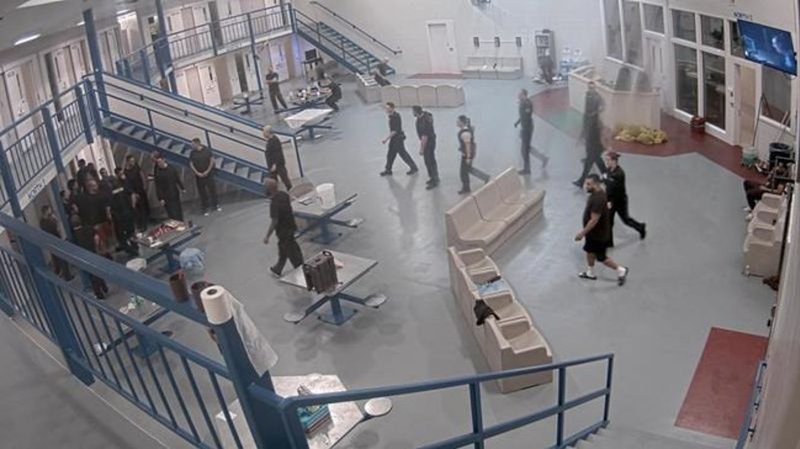
N.S. jail attack: debate on whether sentences tied to 2019 beating will curb violence
HALIFAX — After a judge delivered the first sentences for a brutal Halifax jail assault this week, there are differing views on whether they will deter the rising number of beatings in the facility.
On Tuesday, Omar McIntosh — who held a door closed on Dec. 2, 2019, as inmates beat and stabbed Stephen Anderson — was sentenced to five-and-a-half years in prison. He was the first of 12 inmates at the Central Nova Scotia Correctional Facility convicted of aggravated assault to learn he would be headed to a federal penitentiary.
A day later, Colin Ladelpha — who was in the cell as the attack unfolded — received a six-year sentence from Justice Jamie Campbell.
Both sentences fell within the Crown’s stated goal of five to eight years in prison for the men convicted of the assault. However, there’s little consensus on whether the push by prosecutors Scott Morrison and Rick Woodburn for the courts to send a message of “denunciation and deterrence” will temper the violence at the Halifax jail.
